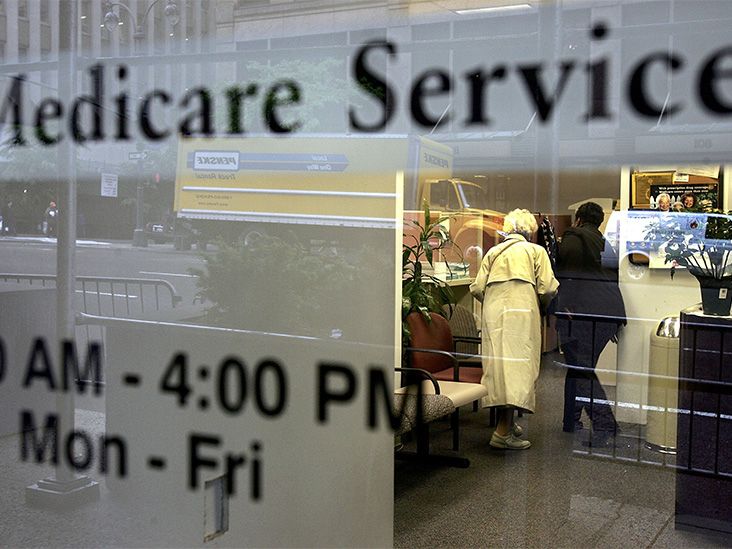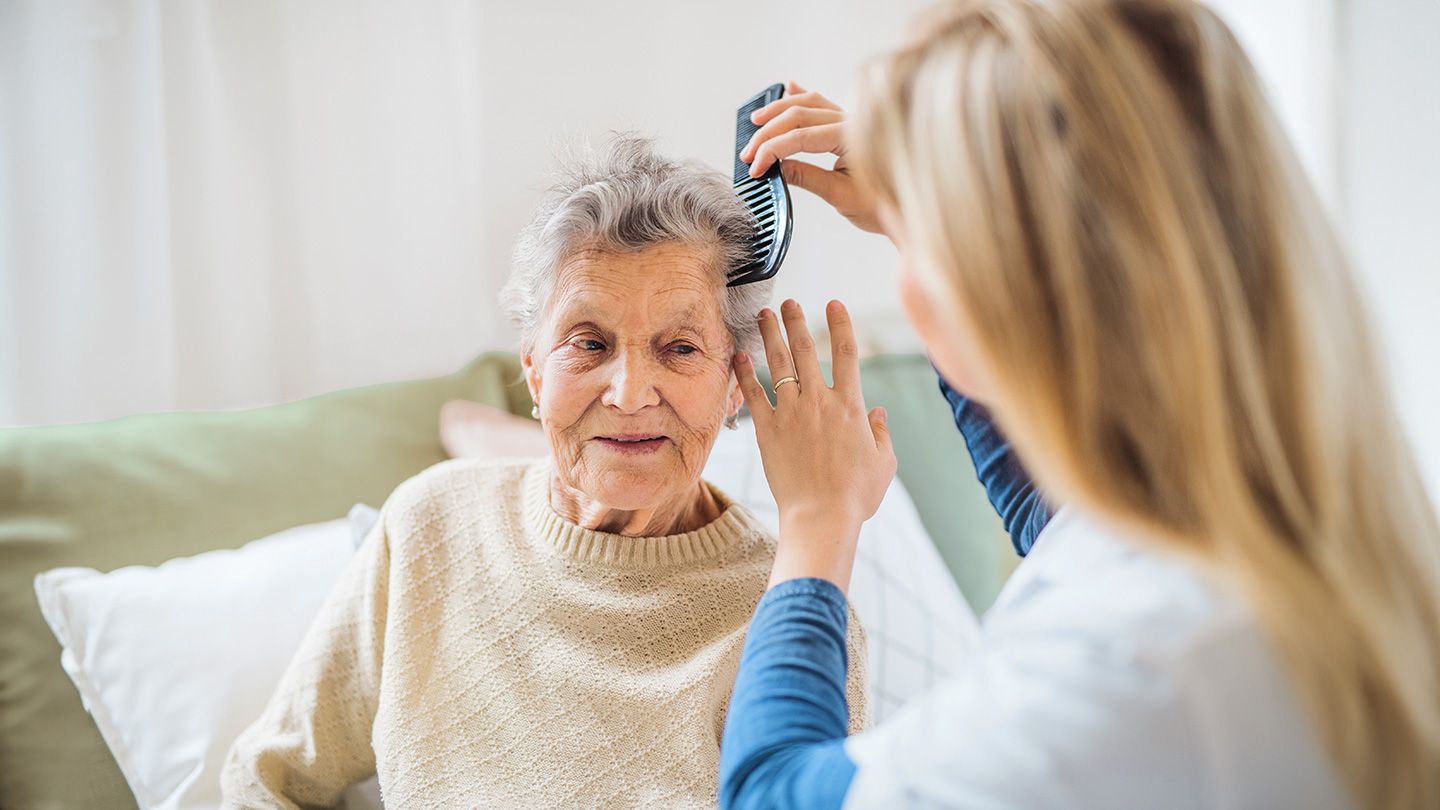Understanding Common Health Issues Facing the Elderly
As people get older, its normal for their health to decline. But there are many chronic conditions that impact seniors at higher rates than the general population. Being aware of these health concerns can help you care for elderly loved ones.
Why Seniors Face More Health Issues
There are several reasons why seniors are more prone to medical problems including:
- The natural aging process
- Past behaviors like smoking or inactivity
- Genetic factors
- Side effects of long-term medications
Some health issues like arthritis or hearing loss are considered normal consequences of aging. But others can be delayed with healthy lifestyle choices.
Most Common Senior Health Concerns
According to the CDC, the most frequently reported senior health conditions among older adults are:
- Arthritis
- Heart disease
- Cancer
- Diabetes
- Hypertension
Other common issues include respiratory diseases, osteoporosis, and mobility/balance complications. Mental health is also a major concern.
Understanding Key Senior Health Challenges
To properly care for an elderly loved one, its crucial to understand common age-related diseases. Heres more on top senior health concerns:
Arthritis
Arthritis causes joint inflammation, pain, and restricted mobility in hips, knees, hands, and other areas. Medications, physical activity, splints, and surgery can help manage symptoms.
Heart Disease
Buildup of plaque in arteries can lead to heart disease and events like heart attacks. Lifestyle changes and medications aim to reduce risk factors.
Diabetes
Difficulty regulating blood sugar levels impacts many seniors. Careful meal planning and medications are required to control diabetes and minimize complications.
Respiratory Diseases
Common conditions like COPD, asthma, and pulmonary fibrosis restrict breathing over time. Treatment focuses on managing symptoms and preventing complications.
Mobility Issues
Muscle weakness, osteoarthritis, and balance problems make falls more likely. Assistive devices, PT, home modifications, and exercise programs can help.
Supporting Elderly Health Concerns
Caring for a senior loved one often involves helping them manage one or more ongoing health conditions. This can be challenging but taking proactive steps is key.
Encouraging Doctor Visits
Seniors should maintain regular visits with healthcare providers to monitor issues, adjust medications, and catch problems early. This may include:
- Primary care doctor
- Cardiologists
- Rheumatologists
- Neurologists
- Other relevant specialists
Helping With Medications
Typical senior regimens involve taking multiple prescription medications on complex schedules. Caregivers can assist by:
- Reminding them to take medications on time
- Refilling meds before they run out
- Coordinating with pharmacists and doctors
- Tracking side effects
Providing Transportation
Missing key medical appointments can be detrimental for elderly health conditions. Offer rides or assist with arranging medical transportation like:
- Driving them yourself
- Taking public transit together
- Booking taxis, rideshares, or medical transport vans
- Asking family/friends to help
Tips For Improving Senior Health At Home
Proper at-home care is vital for supporting elderly wellbeing. Some ways to promote health for senior loved ones include:
Increasing Physical Activity
Low impact exercise has benefits like maintaining strength, flexibility, balance, and heart health. Options seniors can do at home include:
- Daily walks (with appropriate mobility aids if needed)
- Stretching programs
- Chair-based cardio videos
- Using small weights for strength training
Supporting Good Nutrition
A balanced diet is important for condition management and quality of life. Tips for seniors:
- Eat fruits, vegetables, whole grains, lean protein
- Stay hydrated and drink plenty of fluids
- Take nutritional supplements if needed
- Follow doctor-recommended dietary guidelines
Facilitating Home Safety
Since many elderly face mobility limitations, home modifications can allow independent and safe living. Examples include:
- Installing grab bars and railings on walls
- Ensuring rooms and hallways are well-lit
- Using non-slip bath mats
- Adding cushioned rugs
- Removing clutter and trip hazards
When To Seek Additional Care
While supporting seniors at home, recognizing when to pursue extra assistance is crucial. Contact their healthcare provider if you observe:
- Difficulty breathing or chest pain
- Severe bleeding or trauma after a fall
- Sudden weakness, numbness, vision issues, or confusion
- Uncontrolled pain or discomfort
- High fever with vomiting or diarrhea
Seeking prompt medical care during emergencies or flare-ups of conditions can prevent hospitalization and other complications.
FAQs
What are the top 5 health concerns for the elderly?
The top 5 senior health issues are arthritis, heart disease, cancer, diabetes, and hypertension. Respiratory conditions, osteoporosis, mobility limitations, and mental health problems are also very common.
How can I help an elderly person stay healthy?
Encourage doctor visits, assist with medications, provide transportation, promote physical activity, support good nutrition, facilitate home safety modifications, and watch for signs that additional care is needed.
What chronic diseases affect the elderly the most?
Arthritis, diabetes, heart disease, stroke, cancer, and respiratory diseases like COPD or asthma most commonly impact seniors and older adults.
How can I care for an elderly sick person at home?
Ensure they take all prescribed medications correctly, provide healthy meals, help with mobility around the home, monitor symptoms and progress, offer transportation to medical appointments, and aid with personal hygiene/daily tasks.
What age-related changes make seniors more prone to illness?
Natural effects of aging, accumulated damage from unhealthy behaviors earlier in life, age-related loss of muscle mass, side effects of long-term medications, declined immune function, and illnesses tending to get worse with age all contribute.
Disclaimer: This article is for informational purposes only and does not constitute medical advice. Always consult with a healthcare professional before starting any new treatment regimen.
Related Coverage
Learn if you qualify for Medicare eligibility and how to enroll without penalties. Get clear, simple guidance for seniors and disabled individuals....
Hospice care falls short in areas of psychological support, communication, caregiver assistance, and symptom management. Learn what hospice doesn't discuss....
Find the best Medicare in Iowa options, from plans to eligibility and resources. Get clear guidance tailored to your needs....
Protect yourself from Medicare scams with tips to recognize and avoid fraudulent calls, offers, and phishing attempts....
Find out how Medicare caregiver coverage works, who qualifies, what services are paid, and tips to avoid costly surprises....
Check 2025 Medicare Medicaid income limits and see if you qualify for dual eligibility. Find programs like QMB, SLMB, and more....
Get clear definitions of common Medicare terms to help you understand your health coverage and make smart decisions....
Get clear info on Medicare in Oregon, including coverage options, Medicare Advantage, Part D, and how it works with OHP....
Get free rides and Medicare transportation benefits for seniors. Learn how to access covered services and stay independent....
Learn how to get and use your Medicare OTC card for free health and wellness items....









